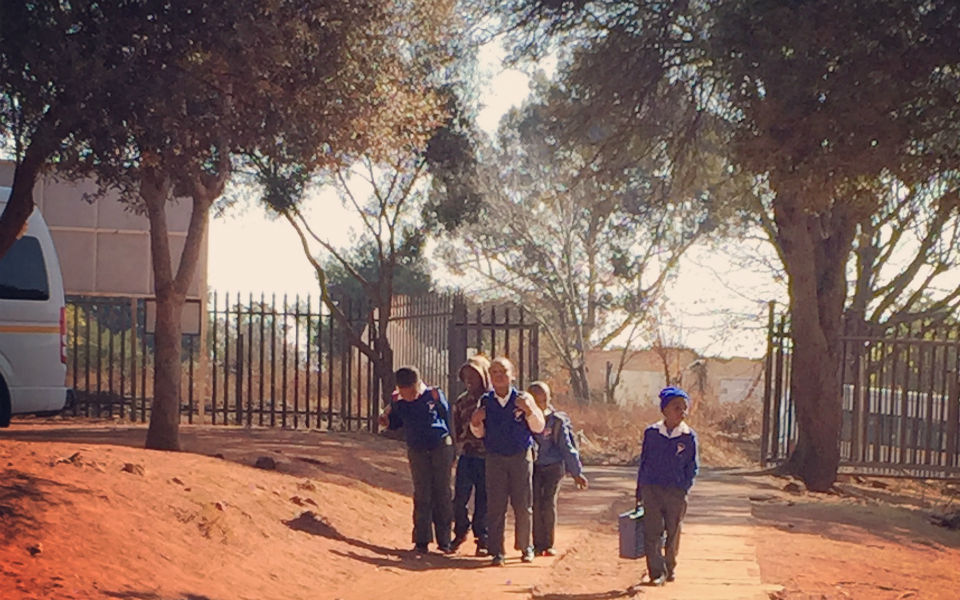Common Good First’s pilot
July 28, 2016
Social Innovation organisations in Scotland, and beyond, say again and again that the areas where they need most support are in building strong, collaborative networks and finding ways to communicate their projects’ aims.
To try and meet these needs, Glasgow Caledonian University (GCU) developed Common Good First, aiming to facilitate a digital exchange of grassroots solutions to pressing social problems, both in the UK and around the world. They then partnered with the Centre for Social Entrepreneurship and the Social Economy at the University of Johannesburg to identify projects in both Glasgow and the Gauteng province in South Africa, focusing on those who work in the area of youth and education.
Common Good First was designed around number of “proof of concept” questions to evaluate from September 2015 to February 2016. These included:
- Can community groups see the value in participating in storytelling about their projects?
- What is the level of digital literacy in communities participating?
- How can academics work in tandem with communities to review and evaluate the projects?
- What does it take to run a project across two continents?
In the first iteration of Common Good First, the key drivers for participation with the teams in Johannesburg and Glasgow were (a) accessing academics for research and evaluation, (b) raising the project’s profile, and (c) sourcing student volunteers. Individuals in some of the community groups were keen to improve their digital storytelling skills as well. Similarly, academics involved with Common Good First were impressed with the range and quality of the projects selected, sparking new research ideas and interests.
At the end of the six-month pilot period, GCU made a film about the projects who participated and it was screened at a celebration event which connected colleagues and community members in both Glasgow and Johannesburg.
In July 2016, Common Good First was awarded a European Union Erasmus+ award of €1,000.000 to develop the platform and roll out digital storytelling modules in communities across South Africa. A consortium of six South African universities and six institutions in Europe will work on this, with a view to launching in Summer 2019 and then sharing the platform elsewhere in the world.

